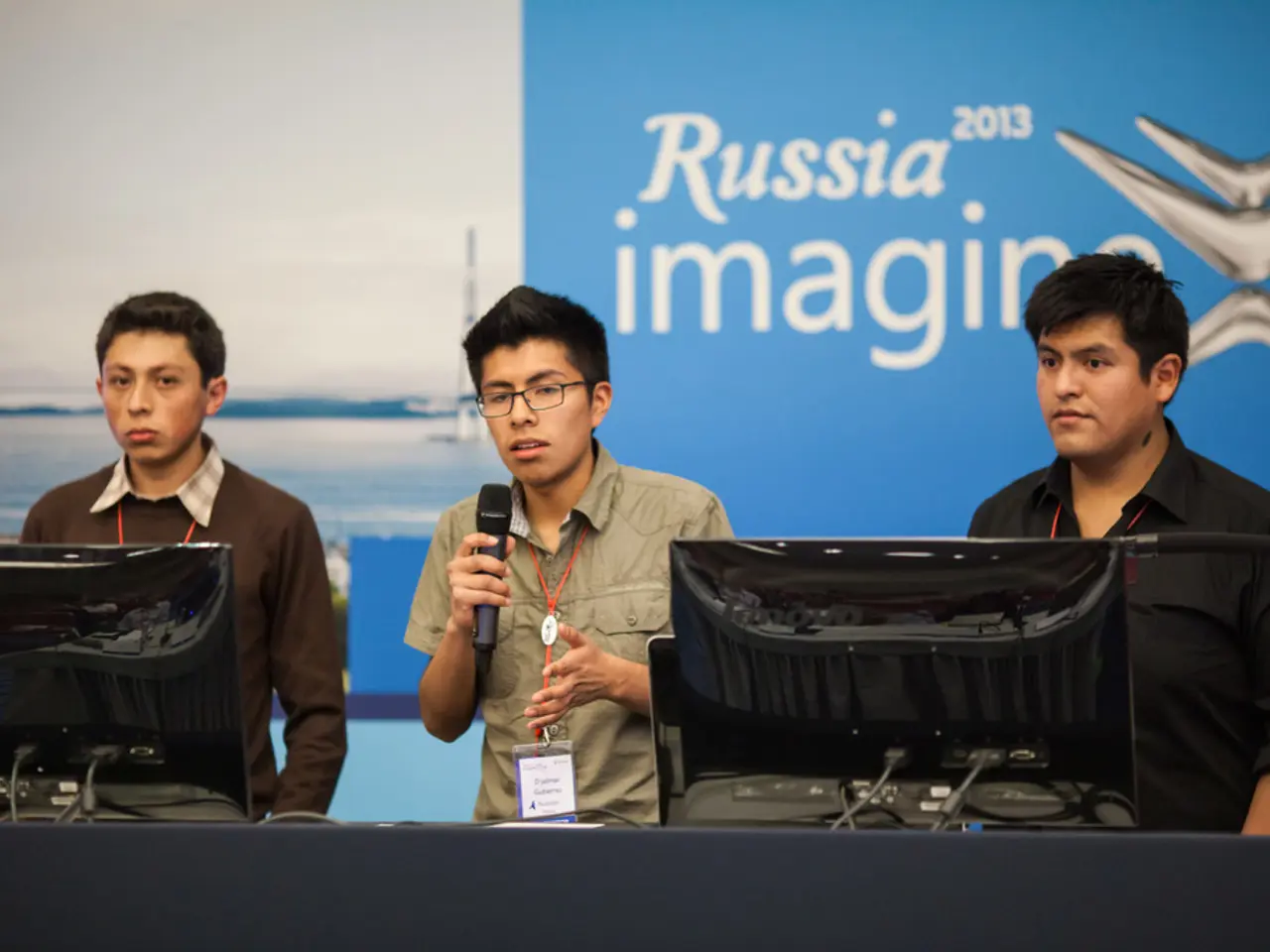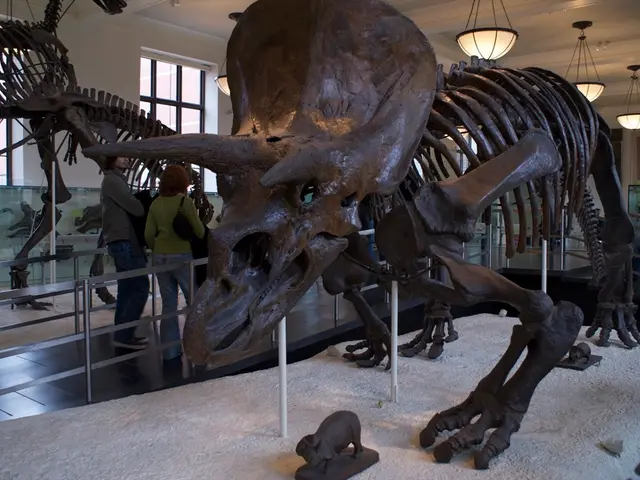Strategies for an Active Engagement in Eastern Europe by the European Union
The European Union (EU) is looking to shape its relationship with Eastern Europe in a way that promotes green values, modernization, and cooperation.
One of the key strategies is identifying credible political partners in Eastern Europe who are open to the green value canon and integrating them into a European political dialogue. This is aimed at promoting the involvement of competent Non-Governmental Organisations (NGOs) from partner countries in the formulation, monitoring, and implementation of the EU's policies such as the European Neighborhood Policy (ENP) and the Eastern Partnership (EaP).
Partnership and cooperation agreements with Eastern European states should also include strengthening civil society and cross-border cooperation between non-governmental organisations. Transparent energy industry structures, a significant increase in energy efficiency, and the exploitation of renewable energies are key questions for both the development of a democratic political culture and the modernization of the economies in Eastern Europe.
The EU should involve civil society actors from partner countries in the formulation and monitoring of interstate agreements within the framework of the ENP and the EaP. The Civil Society Forum established within the EaP should be politically strengthened.
The EU's Eastern policy must align with democratic, rule-of-law, and transparency values. Authoritarian power structures, economic monopolies, and massive corruption pose significant long-term stability risks at the EU's external borders. To address these risks, the EU should focus its support on reforms that could act as catalysts for an ecological and social modernization of the economies in Eastern Europe.
The EU has a vital interest in close economic and political cooperation with the Eastern European states, including questions of labor migration, security policy interests, combating organized crime, environmental and climate policy issues, and reducing barriers to trade and investment.
The main actors influencing EU policy towards Eastern Europe are the European Commission, the European Parliament, the Council of the European Union, and key member states like Germany, Poland, and France. They play roles in shaping coherent Eastern policy through diplomacy, economic support, and security cooperation.
The EU should create a roadmap for the liberalization and long-term abolition of visa requirements for the countries of the Eastern Neighborhood. However, it must not give in to Russia's hegemonic claims on its "near abroad" and should offer Russia the prospect of deeper cooperation with the EU and NATO.
The term "New Ostpolitik" was developed under Willy Brandt and aimed to soften the confrontation between the blocs and gradually achieve a "change through rapprochement" towards the Soviet Union and its allies. Similarly, the signing of the Helsinki Final Act of the CSCE in 1975 was made possible by the new policy of the social-liberal governments towards the Soviet power bloc.
Since the dissolution of the Soviet Union and the Warsaw Pact, the EU's policy towards the states east of the EU should follow overarching goals and principles but must be concretized on a country-specific basis. All countries in the region have fallen into deep transformation crises since the collapse of the Soviet Union, with many developing new forms of authoritarian rule.
One area that requires particular attention is the modernization of agriculture towards ecological farming methods, high quality standards, and modern marketing. This is not only crucial for the economic development of Eastern European countries but also for the sustainability of their agricultural sectors.
In conclusion, the EU's Eastern policy is aimed at promoting green values, modernization, and cooperation with Eastern European states. This includes strengthening civil society, promoting renewable energy, and focusing on reforms that could act as catalysts for an ecological and social modernization of the economies in Eastern Europe. The EU must also offer Russia the prospect of deeper cooperation while standing firm against hegemonic claims.








